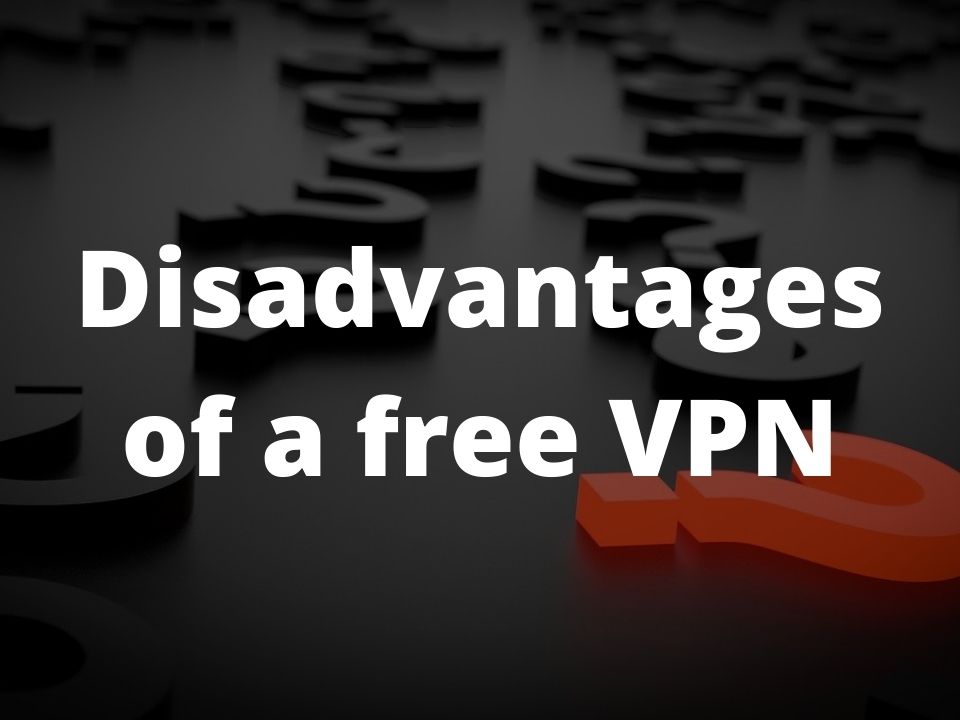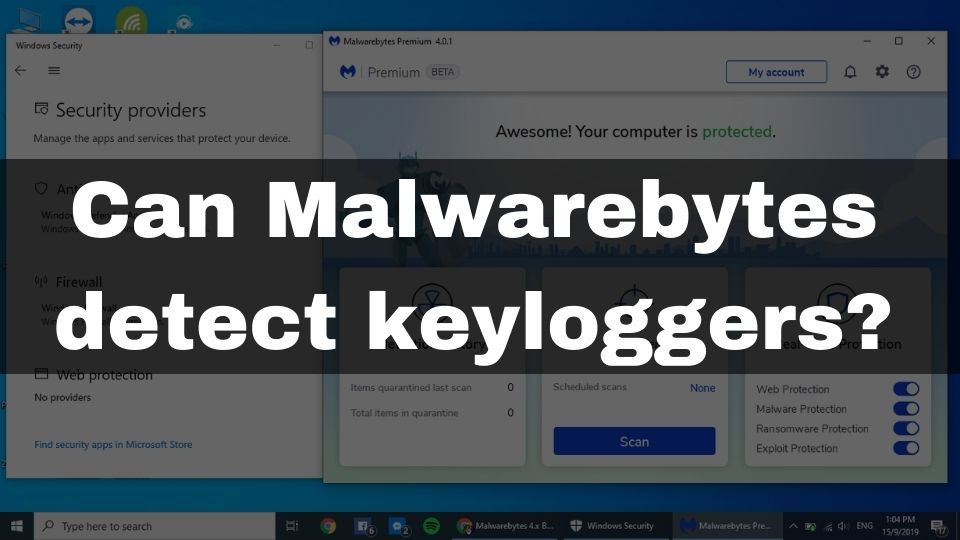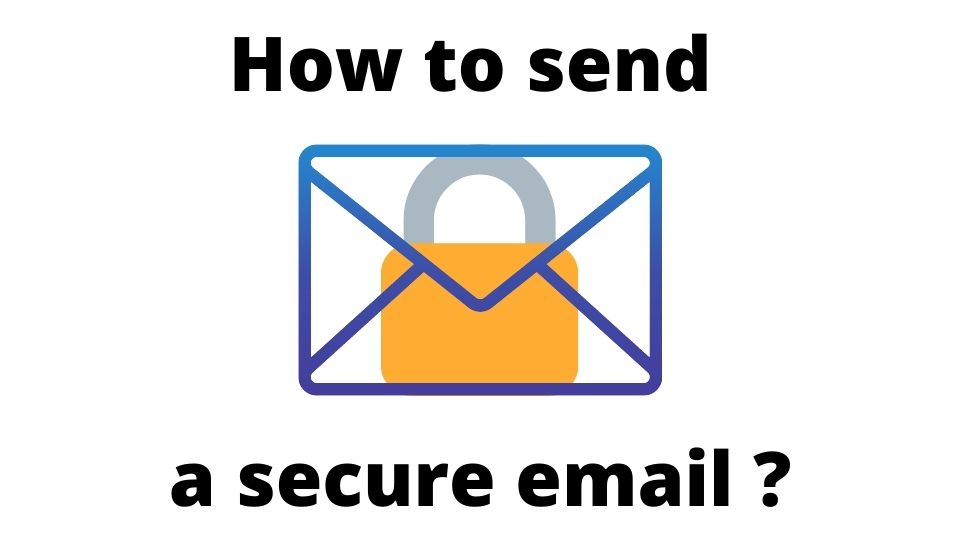In recent years we have been getting more and more bound to the Internet. Just about every aspect of our lives is currently dependent on this network. While Internet usage is having a real spike now, the question of staying secure and anonymous has never been more important.
Since we often use the Internet to browse and transfer our personal data – it makes a lot of sense to protect this information from being from scammers and spammers as well from sneaky government officials.
The best and most effective way to protect your online identity is through a VPN. This technology makes sure that all your inbound and outbound traffic is encrypted, as well as your remote host (the website that you are visiting) is hidden from your ISP.
While using a VPN sounds like a perfect solution, you will have to spend a notable part of your budget to get a premium VPN service. But, wait, aren’t there any free VPN providers that you can use? Indeed there are free VPN providers in case you are not ready to spend money on your cyber-security.
Alright, so, should you really go ahead and start using a VPN that comes at no cost? Well, yes, this sounds tempting, but there are certain caveats of using a free VPN.
So, what are the disadvantages of using a free VPN? There are actually quite a lot of those. Having that said, in certain cases, a free VPN does also have a lot of advantages.
In this article, I am going to provide a quick but comprehensive picture of what are the pros and what are the cons of using a free VPN service.
Disadvantages of free VPN providers
Why pay for something if you can use it for absolutely free? I totally agree with you. A free VPN sounds really awesome. However, here are the main reasons why you wouldn’t want to use a free provider:
- It is very slow. Indeed, a free VPN does not provide a lot of bandwidth. The thing is, a lot of users like you are connected to the same VPN server, hence consuming a lot of traffic that will eventually degrade performance for all free users.
- Not many servers. Since it’s a free VPN provider, you shouldn’t expect a wide variety of locations covered with its servers. The country of your choice may not be available with a free VPN provider.
- Security is not that good. When using a completely free VPN service, there is no guarantee from the provider to offer you the best and most up-to-date security protocol. A bunch of old VPN transfer protocols are currently considered deprecated and are replaced with the modern ones but this is usually only available with paid VPN providers. This may result in your data being leaked to a cybercriminal, credit bureau, or to a government institution that tracks your activity. The risk is even higher if you are accessing a non-HTTPS website.
- Free is not really free. We both know, there is nothing really free in this world. Why would someone provide you a free VPN service and pay the server running and maintenance fees for you? There should be some benefit for the owner of a free VPN provider. They will actually try and make some profit from you for using their free VPN.The most obvious way is by including annoying advertisement popups after you install a VPN client software, or displaying those ads inside the app’s window. Another more global privacy problem the free VPN provider may introduce is they could be selling your personal data to ad agencies (do not be surprised by even more ads on Facebook and YouTube after using such a provider). Free VPN can also sell your data to banks and credit bureaus. These all don’t really sound good.These all don’t really sound good.
- Trojans, viruses, and other malware. A free VPN provider is sometimes being run by a group of cybercriminals. Along with installing their VPN client software, you are risking infecting your computer with any type of malware that is hard to catch otherwise and is really hard to detect. Besides shipping a virus inside the installation package, a free VPN provider may keep tracking of your data and using it to inflict financial damage to you. They can also steal passwords and other sensitive information since you will be transferring all the data through their servers.
- Little to no support. In most cases, free service offers only basic support or even no support at all. This may be irritating in case you face any technical difficulties when there is no one to assist you.
- Limited bandwidth. Free VPN and even a free plan from a paid VPN provider always put a limit to your bandwidth. You will get a certain amount of weekly or monthly traffic allowance starting from 100 MBs to 1 or 2 GBs (if you are lucky).
Advantages of a free VPN
After reading the previous section you may have started to feel discouraged to use a free VPN. While it is sad but true, free VPN does in fact bring some overhead in the form of slow speed and a bunch of security risks there are still some bright sides to using it.
Here are the pros of using a free VPN service:
- It can be safe. While I do not recommend using any of the hundreds of no-name VPNs that are found all around the Internet, things are not that bad if you choose a premium VPN that offers a limited, free plan. In fact, some of the recommended VPNs on this site allow free usage with some limitations.If you don’t need to use VPN frequently, but rather just want to make sure certain sessions are protected when you access your online banking, medical records, financial documentation, you may safely use any of the trusted VPNs with a free plan. You will get your bandwidth-limited along with the number of available servers, but will still be getting the same level of data encryption.
- More anonymous. A free VPN does not require your payment details therefore it is more anonymous than any of paid counterparts (unless you are paying for a VPN anonymously). This makes a free VPN an ideal choice if you care more about your anonymity rather than security.
- Better than nothing. In case you badly need to protect your data but not ready to pay extra for a premium VPN (even the cheapest one) – better get a trusted free VPN provider or even better a premium VPN provider that offers a free plan.
- Allows infinite free trial. Maybe you can afford and want to pay for a good VPN provider, but you are not willing to pay for mediocre service. In that case, I suggest getting a free plan from a paid VPN provider and testing it out for a few weeks (or months). This will allow you to decide if you want to upgrade to a more feature-reach paid plan after making sure even the free plan from that provider is satisfying but a bit limiting.
Are there any other free methods to protect your privacy?
Besides VPN there are some other ways to secure your Internet traffic.
Tor
One of the most prominent technologies is The Onion Router or simply Tor. It works by relaying your data through a chain of randomly-chosen remote nodes. Most of those nodes are owned by home users and are installed on their machines.
Tor offers a decent level of encryption but has some security concerns (though not critical) and slower transfer speed. It is recommended to use it with a VPN though.
Proxy
A proxy server may come to rescue here. This server acts as a relay that routes your incoming and outgoing traffic through itself. Usually, this is a single server machine or a computer with a proxy server software installed on it.
You will need to configure your network connection settings to connect to a proxy server. As an alternative, you can also configure your browser to use a specific proxy.
While the proxy server is also one of the methods to protect your data it is not really that secure. In fact, it does not encrypt your traffic, it just routes it through itself. Also, proxy puts a limit on your location as there is usually one server that is located in a single data center.
HTTPS websites
If all you need is to encrypt your traffic with a specific website, it will usually be enough to make sure you are connected to it via secure HTTP protocol which is called HTTPS. In fact, it is recommended to only use HTTPS sites at all times. This is especially important when working with your online banking or when shopping online.
HTTPS offers a decent layer of protection. All the communication between you and a website is encrypted. The only downside is – you can’t hide the fact that you are accessing this website from your ISP. They can still see the exact URL that you are visiting.
Bottom line
If you revisit the advantages/disadvantages section at the beginning of this article – you should pretty much make a correct decision of whether you want a paid or a free VPN.
In case you are still in doubt, I will try to provide an easy way to make the right choice.
Eventually, whether you want to be paying for a trusted VPN provider, or using a free alternative, boils down to what are the advantages to you and what are disadvantages.
The decision also depends on how often and with what purpose you will need a VPN.
The simple rule of thumb is – should you be encrypting your personal data, keeping your VPN connection always active, or watching the streaming content while always connected to a VPN? In that case – always opt for a paid VPN provider. Otherwise – a free VPN is your best bet.
Another method for you to decide between the free and paid plans is to go through advantages and disadvantages. Now, think carefully about your most frequent use cases. Does the list of pros of using a free VPN closely match your scenarios? If yes – choose a free VPN. Otherwise – a paid VPN will work best for you.



